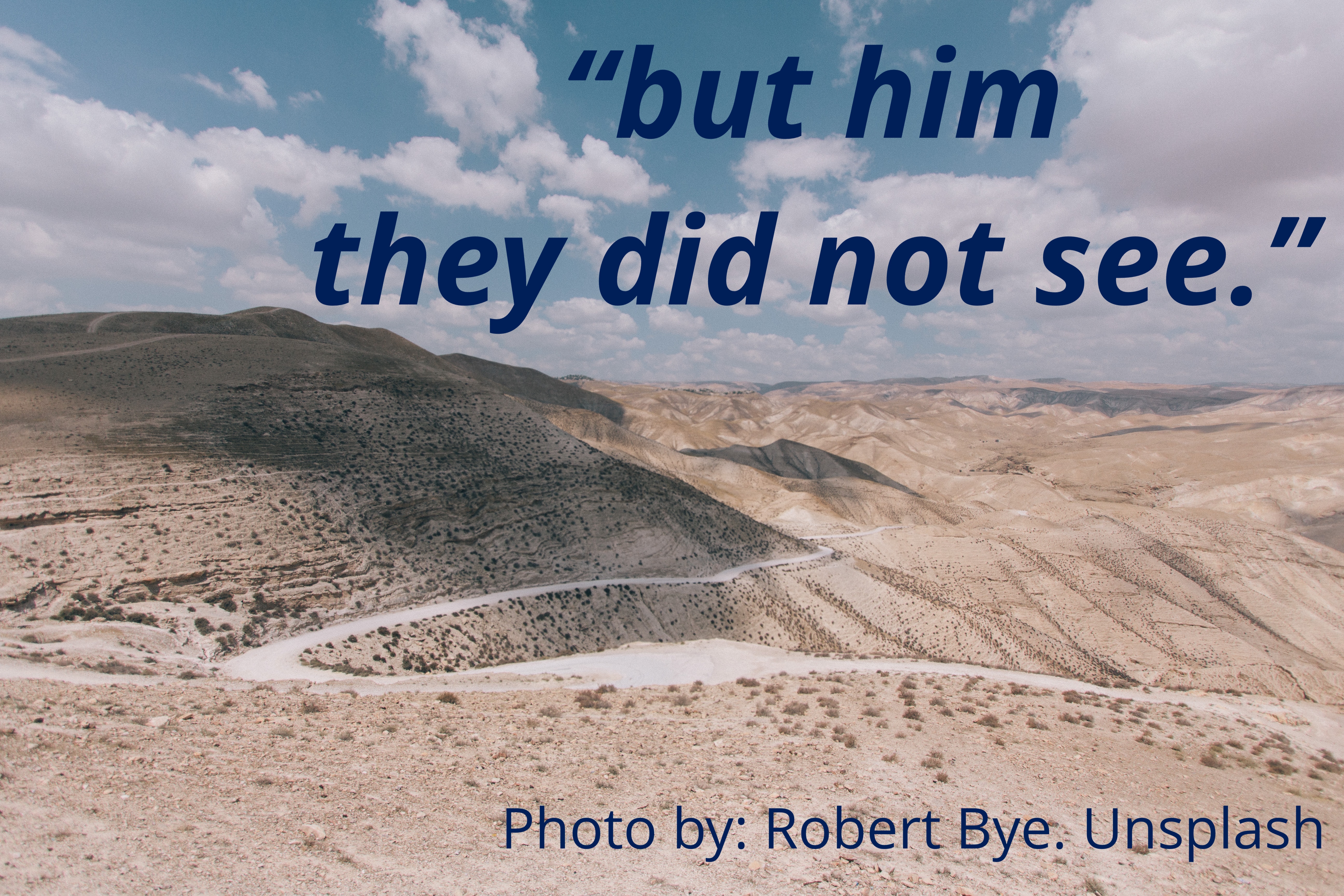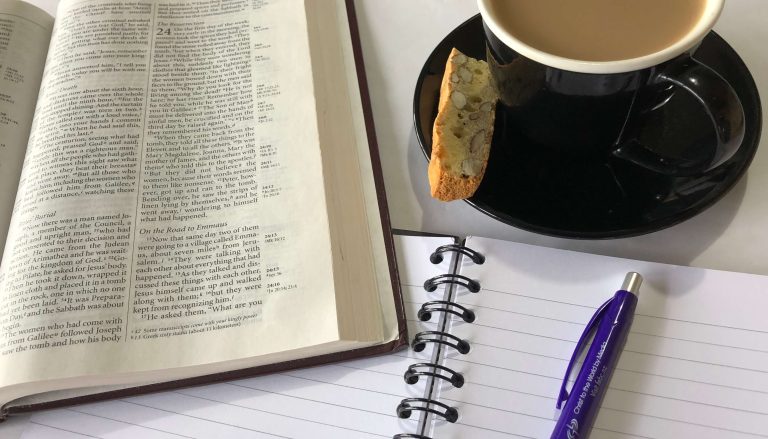As tough as it sounds, this is what Jesus said of two disciples on the day of his resurrection – “How foolish you are, and slow to believe…” They had given up hope of all that God had promised, and Jesus’ own words from just days before. What’s more, it was only Sunday afternoon on the third day! We’re exploring this story often called “The Road to Emmaus” (Luke 24:13-35).
A key question is: why did Jesus call them “foolish and slow of heart to believe all that the prophets have spoken!” (24:25)? Why would he say that? I find four clear reasons evident in the text, and we’ve looked at two already: (1) They minimised Jesus and referred to him as simply “a prophet” (24:19); and, (2) they had given up hope super quickly when things appeared to go badly (v.21).
3. The disciples wanted more physical proof.
The two disciples had heard from their trust-worthy women friends that they could not find Jesus’ body at the tomb (in other words, the tomb was empty), and that angels had told them that Jesus was alive (22,23).
Then comes the kicker line:24 “Some of those who were with us went to the tomb and found it just as the women had said, but him they did not see.”
It is the word “him” that reveals the disciples’ foolishness. They had plenty of evidence with which to trust Jesus and believe that he had risen, exactly as he had promised. But they demanded to see “him”. They would not believe the promises and the prophecies and the progress reports…. until he himself presented to them!
The word “foolish” translates to dull and sensual. In other words the disciples were not being thoroughly thoughtful about Jesus last few days, and they were relying on their common natural senses, needing to ‘see’ him and ‘touch’ him and ‘hear’ him in a natural way. But “faith is being sure of what we hope for, and certain of what we do not see.” (Hebrews 11:1).
How to avoid being foolish and slow to believe all that the prophets have spoken? Think about the Word of God, read and think about the prophecies of the Old Testament; read and think about the life and suffering and death and empty tomb, and sightings of Jesus. Believe and trust God based on the evidence. .. Don’t demand of God something we don’t demand of history. I have never met Albert Einstein, and I can’t possibly meet him “himself.” But I can believe the evidence of his life and work, and accept his scientific theories.
Several people have said to me over the years words to the effect: “If Jesus walked into this room now, then I would believe in him!” But sadly, that is not a guarantee of faith. It is a sensual demand, and plenty of people met and heard and experienced Jesus Christ himself, and still did not believe in him.
Later on in his last encounters with the disciples, Jesus said to them “This is what I told you while I was still with you: Everything must be fulfilled that is written about me in the Law of Moses, the Prophets and the Psalms.” (v.44). This is another way of saying – Be very familiar with my words and promises so you can know and trust me even when you don’t see me.
So further to the answer in last week’s blog: to pray for the supernatural work of the Holy Spirit to open our eyes to recognise Jesus (v.31); let’s also read and think on his words and promises in order to recognise him today. Even though we can’t see him with our natural eyes, we have faith built on all the glorious evidence, and the gracious work of the Holy Spirit.

Take courage, Matt Perry.







+ There are no comments
Add yours